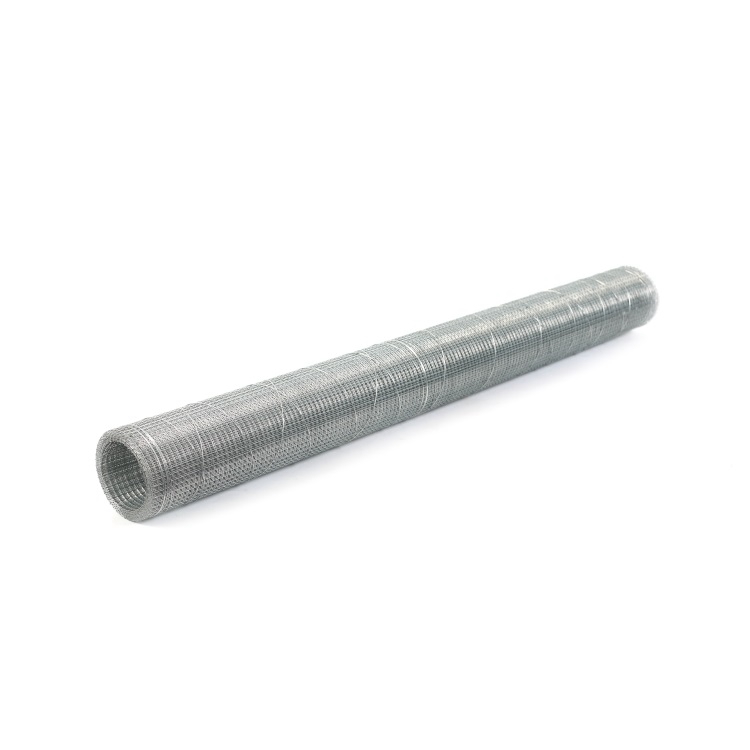types of nails construction
Types of Nails in Construction
When it comes to construction, choosing the right type of nail is crucial for ensuring the integrity and durability of any project. Nails are one of the most fundamental fasteners used in the industry, and they come in various shapes, sizes, and materials, each designed for specific applications. Understanding the different types of nails can help builders make informed decisions, thereby enhancing safety and effectiveness in construction. In this article, we will explore the most common types of nails used in construction, their purposes, and some tips for selecting the appropriate nail for your project.
1. Common Nails
Common nails are perhaps the most recognizable type of nail, characterized by a large smooth shank and a flat head. These nails are widely used for general carpentry, framing, and construction projects. Common nails are typically made of steel, providing excellent holding power. They come in various lengths and gauges, making them versatile for different tasks, from building frames to attaching plywood sheathing.
2. Finishing Nails
Finishing nails are smaller than common nails and have a smaller head, which allows them to be driven into the wood without being seen. This feature makes them ideal for finishing work, such as attaching trim, molding, and furniture. Finishing nails can be used with a nail gun or driven in manually, and they are available in various sizes to accommodate different applications.
3. Brad Nails
Brad nails are even thinner than finishing nails and are typically used in delicate woodworking projects. They are particularly popular for fastening thin pieces of wood, such as in cabinetry and furniture. The small size and minimal head of brad nails allow for a clean finish, making them ideal for fine woodworking where appearance is essential.
types of nails construction

Roofing nails have a larger, flat head and a shorter shank, designed specifically for attaching roofing materials like shingles. The wide head provides better holding power against wind and other external forces. Roofing nails are usually galvanized to prevent rust and corrosion, ensuring longevity in harsh weather conditions.
5. Masonry Nails
Masonry nails are made of hardened steel and are specifically designed to penetrate concrete, brick, or block. They have a unique fluted design that prevents them from slipping in softer materials. When using masonry nails, proper masonry tools are essential to ensure the nail penetrates the surface adequately. These nails are often used in concrete applications, including attaching furring strips and other materials.
6. Spiral and Ring Shank Nails
Spiral and ring shank nails are designed for enhanced holding power. The spiral or ringed pattern along the shank creates friction as the nail is driven into the wood, which helps prevent pull-out. These nails are particularly useful in outdoor projects, where exposure to the elements might weaken standard nails over time. Contractors often use them for decking, fencing, and other high-stress applications.
7. Specialty Nails
In addition to the common types of nails, there are specialty nails designed for specific applications. For example, duplex nails have dual heads, allowing for easy removal and are commonly used in temporary construction. Aluminum nails are lightweight and resistant to rust, making them ideal for outdoor projects. Also, there are nails designed for specific materials, such as vinyl siding nails or flooring nails, that are designed with unique characteristics to suit particular needs.
Conclusion
Selecting the right type of nail for your construction project can significantly impact the outcome and durability of the work. Understanding the various types of nails available—from common and finishing nails to specialized options like masonry and roofing nails—can help ensure the structural integrity of your project. Always consider the material, application, and environmental conditions when choosing nails to achieve the best results. The right fastener not only contributes to the aesthetics of the finished project but also its safety and longevity. By paying attention to these details, builders can construct high-quality, lasting structures that stand the test of time.
-
The Versatility of Gabion Mesh
NewsMay.09,2025
-
The Versatility and Durability of Square Wire Mesh
NewsMay.09,2025
-
The Importance of a Quality Border Fence
NewsMay.09,2025
-
Hexagonal Wire Netting: A Complete Guide to Its Versatility and Value
NewsMay.09,2025
-
Explore the Benefits of Bulk Field Fence
NewsMay.09,2025
-
Discover Quality Weld Mesh for All Your Needs
NewsMay.09,2025














